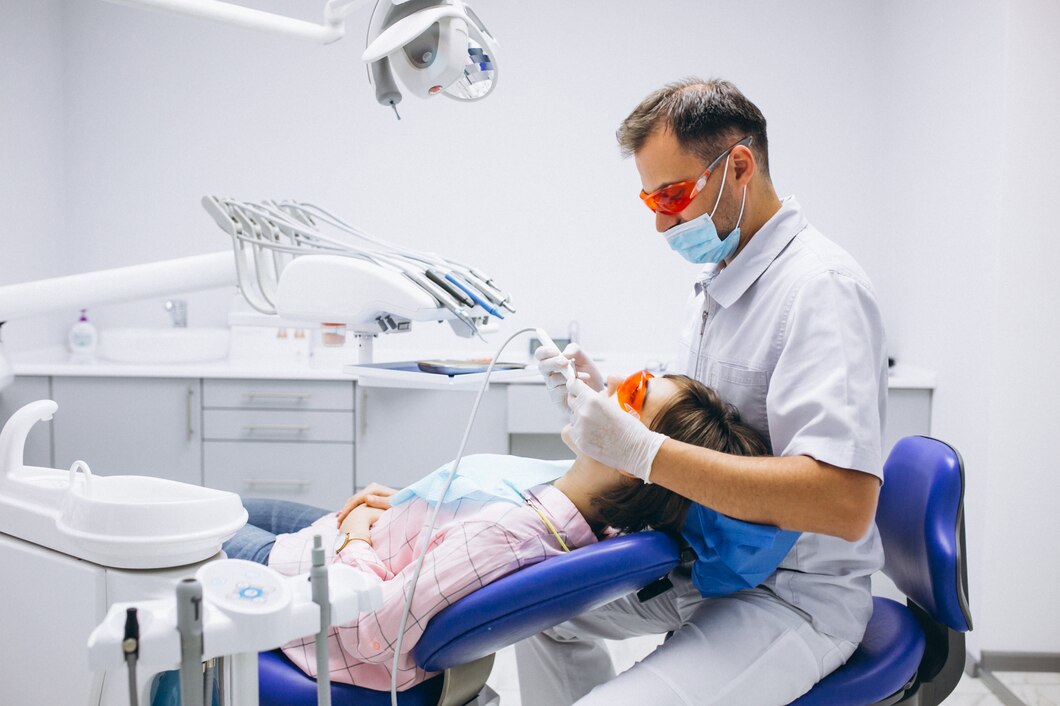Patients with autoimmune disorders often face unique challenges when it comes to dental care. Autoimmune diseases are conditions where the immune system mistakenly attacks healthy tissues in the body, which can affect various systems, including oral health. Therefore, a deep understanding of how these conditions impact dental health is crucial for both dentists and patients. This article discusses the challenges faced by autoimmune patients in dental care and the steps that can be taken to ensure effective and safe treatment.
Challenges in Dental Care
1. Oral Health Risks
Patients with autoimmune disorders may experience an increased risk of oral health issues, such as:
- Gum Disease: Inflammatory processes in autoimmune patients can heighten the risk of gum disease. Symptoms like inflammation, bleeding, and swelling of the gums are more common.
- Tooth Decay: Reduced saliva production due to certain autoimmune conditions can lead to dry mouth (xerostomia), increasing the risk of cavities.
- Mouth Ulcers: Some autoimmune diseases, such as lupus erythematosus or scleroderma, can cause sores or rashes in the mouth, leading to discomfort while eating or speaking.
2. Reactions to Medical Procedures
Autoimmune patients are often more vulnerable to infections and may experience slower healing after surgical or dental procedures. They may also have stronger reactions to anesthesia or medications used in dental treatments.
3. Drug Interactions
Many autoimmune patients are treated with immunosuppressant drugs to control symptoms and inflammation. These medications can affect oral health and interact with other drugs used in dental care, requiring dentists to carefully plan treatments.
Steps for Dental Care
1. Comprehensive Oral Health Evaluation
Dentists should conduct a thorough evaluation of an autoimmune patient's oral health. This includes checking for gum disease, cavities, and dry mouth. Dentists also need to review the patient's medical history and current medications.
2. Preventive Care
Autoimmune patients should be encouraged to undergo regular preventive care, including:
- Routine Dental Cleanings: Professional cleanings at least twice a year to prevent plaque buildup and dental diseases.
- Special Mouthwash: Alcohol-free mouthwash can help manage dry mouth.
- Special Toothpaste: Toothpaste formulated for sensitive patients can help maintain gum and tooth health.
3. Open Communication with the Medical Team
Dentists should collaborate with the doctors treating autoimmune patients to obtain complete information about the patient’s condition and develop an appropriate treatment plan. This includes understanding the patient’s medication history, potential side effects, and infection management.
4. Pain and Discomfort Management
Autoimmune patients may experience more discomfort during dental treatments. Using appropriate anesthesia techniques and providing suitable pain relief medications is essential for effective pain management.
***
Dental care for patients with autoimmune disorders requires a careful and integrated approach. By understanding the challenges these patients face and implementing proper preventive and treatment measures, dentists can help improve the oral health of autoimmune patients. Through good communication between patients, dentists, and the medical team, treatment outcomes can be enhanced, and patients can enjoy better oral health. Additionally, educating patients on the importance of dental care should be emphasized to prevent future problems. This effort supports Sustainable Development Goals (SDGs), particularly Goal 3: Good Health and Well-being and Goal 4: Quality Education.
Author: Rizky B. Hendrawan | Photo: Freepik

